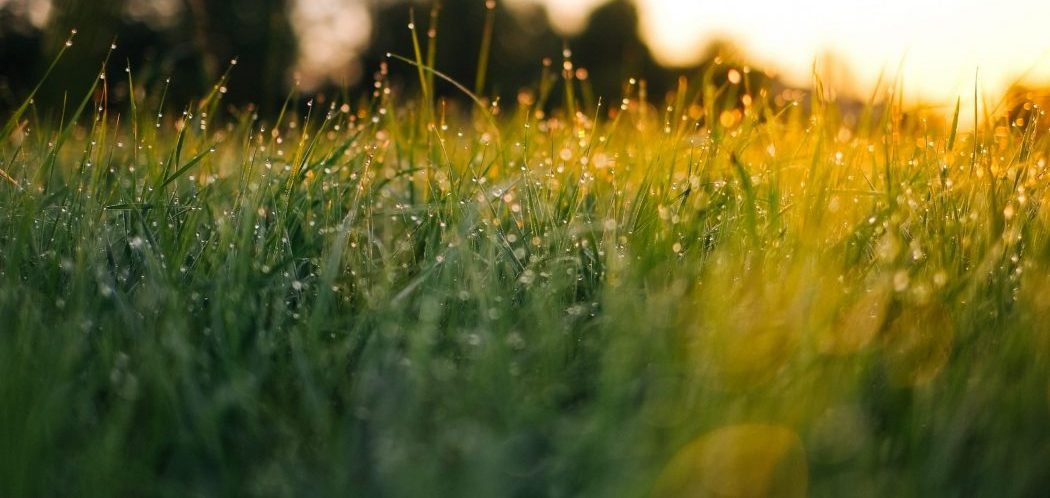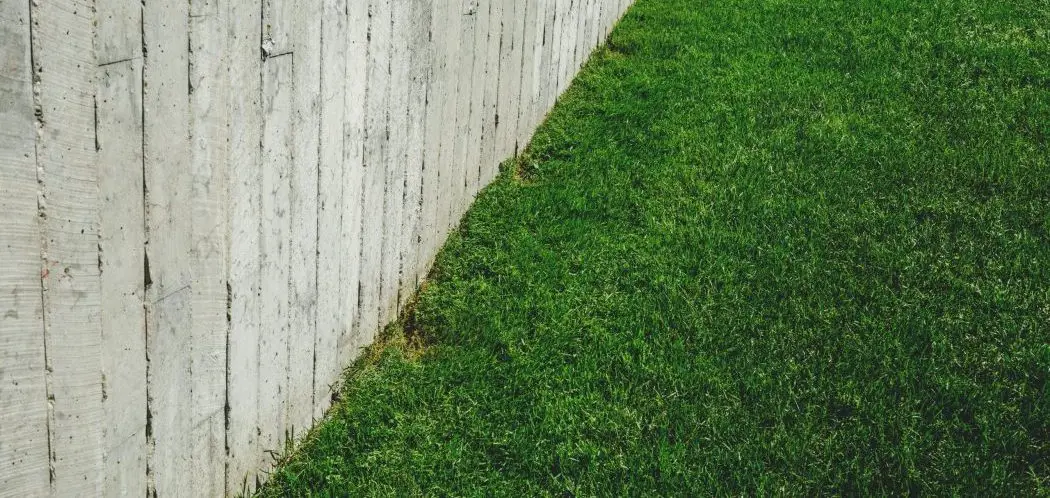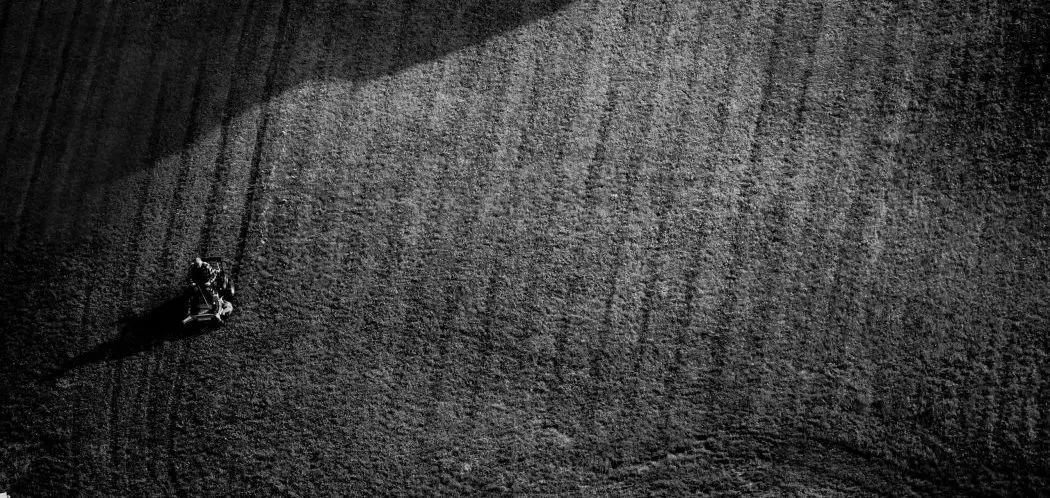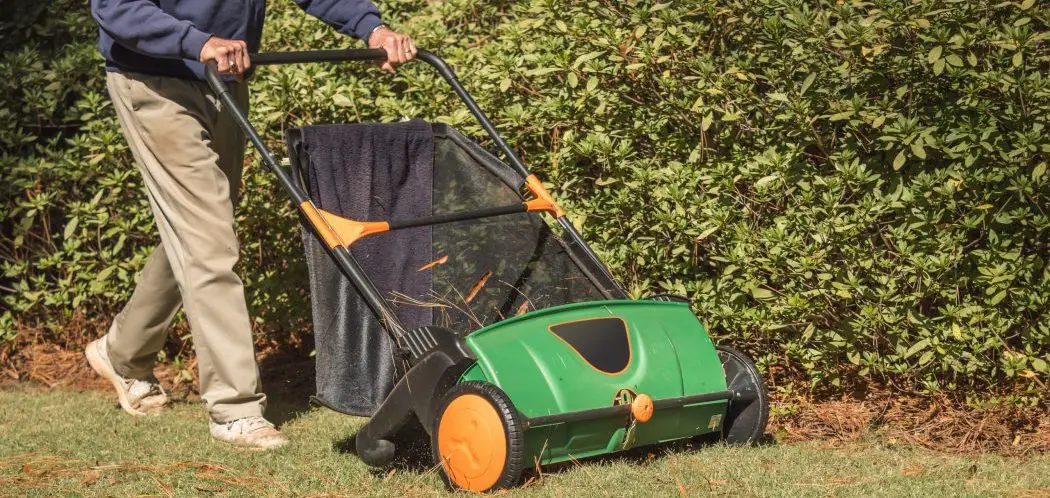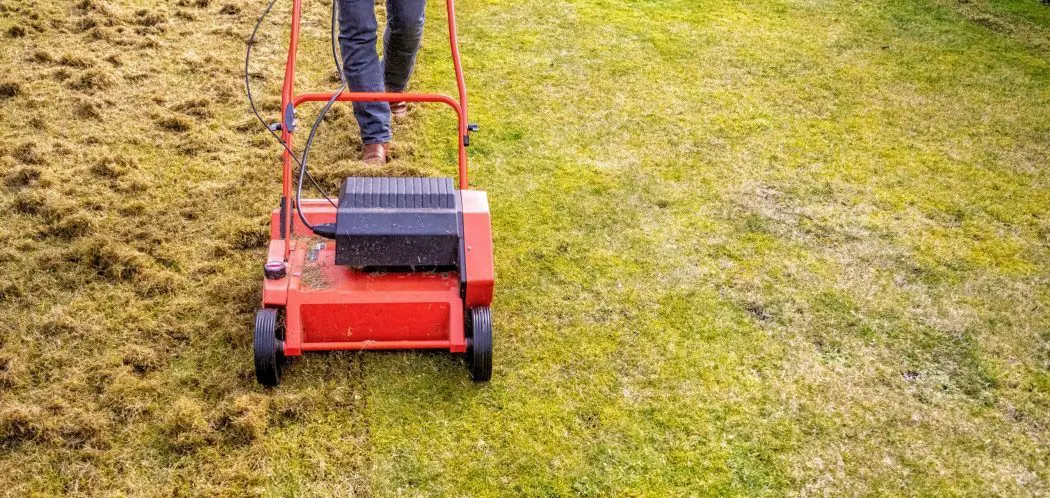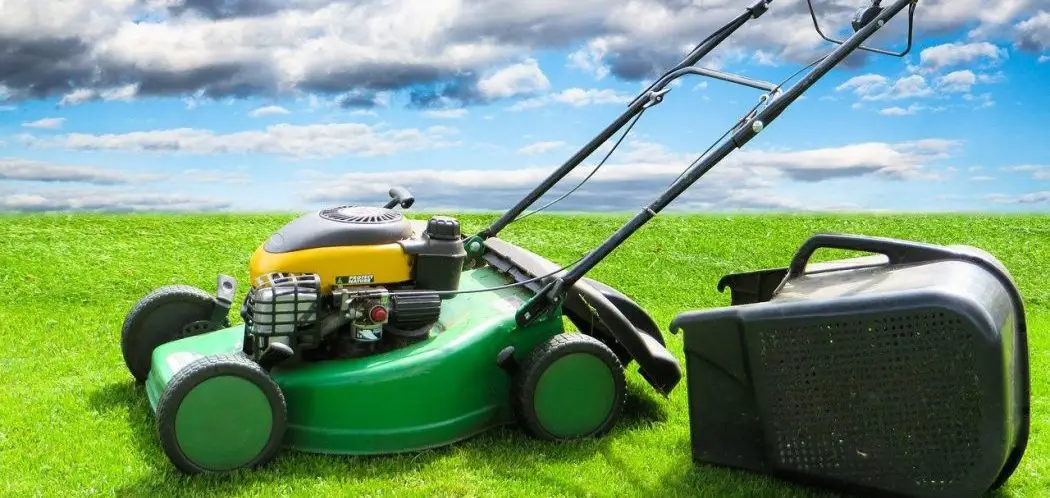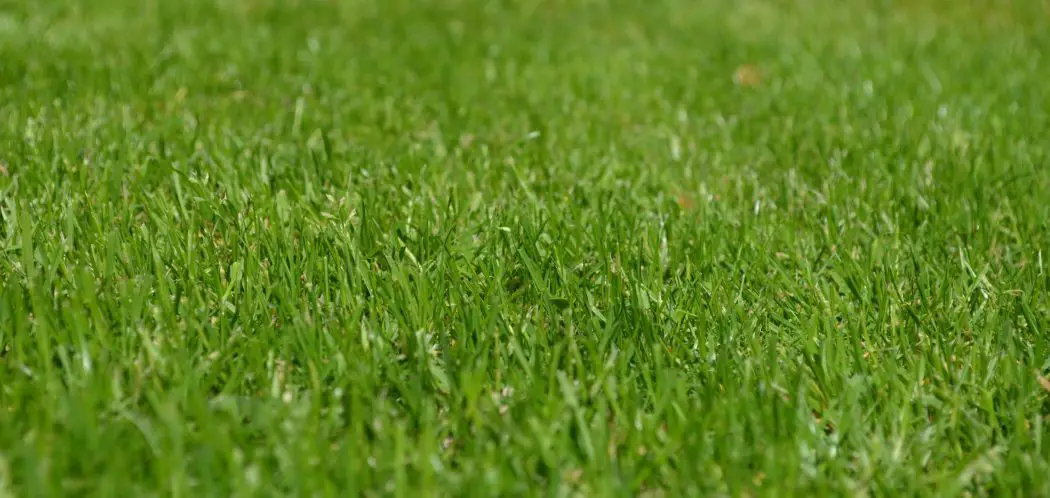If you decide to get out of the house early in the morning, you might see thousands of glittering water droplets resting on the blades of your grass.
These dewdrops paint a very pretty picture indeed, but do they help your lawn? You may be wondering how morning dew affects your lawn and that’s what we’ll try to answer here.
In short…
Morning dew won’t make a massive difference to your lawn. In most circumstances, you won’t need to tailor your watering routine to allow for morning dew because it will most likely burn off as the sun rises and the temperature increases.
Why Is the Grass Wet in the Morning When It Didn’t Rain?
First of all, let’s talk about the science behind dew formation. Morning dew is formed when the water vapor found in the atmosphere condenses on to the cooler surfaces.
It’s a similar process to when you decide to take a shower; the water droplets tend to form on the mirror because the mirror is cool but the water droplets are warmer and heavier.
Dew may form on your lawn throughout the night. You will notice this phenomenon more commonly during periods where the days are warmer and the nights get cooler. The slightly colder air is unable to hold enough water vapor compared to the warmer air.
If you were wondering why exactly the night sky needs to be clearer for dew drops to form, it’s because clouds tend to increase the amount of heat on the ground. When the night is cloudy, the clouds simply reflect all of the heat back from the ground.
When the temperature begins to drop overnight, the rate at which condensation occurs increases as compared to the rate of evaporation. As a result of that, droplets of water begin to form.
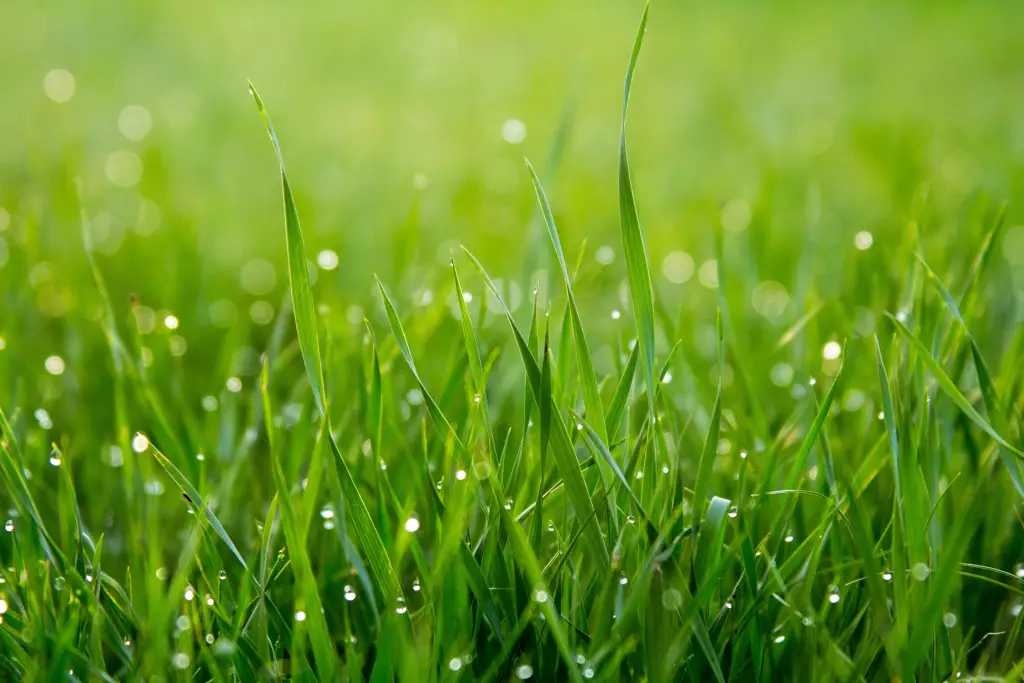
Keep in mind that the dewdrops that you see in your garden are unlikely to appear on a regular basis.
This is basically an after-effect of your lawn radiating heat throughout the course of the night.
If the temperature isn’t that low during the night, you won’t notice these dewdrops at all.
The temperature at which the dewdrops form is known as the dew point. Remember, the soil must cool in the right kind of conducive atmosphere. This primarily includes a clear sky and calmer conditions throughout.
A light breeze also greatly increases the chances of dewdrops.
The level of moisture in the soil needs to be high too.
Dew impacts your grass in different ways throughout different seasons
The morning dew provides a barrier to water evaporating from grass which helps the plant to retain moisture by reducing transpiration. This can certainly reduce water stress in warmer climates.
Morning dew can also act to reduce heat stress in hot environments. As it evaporates, it cools the plant down. This is a similar effect to the way in which heat evaporates from your skin when you get too hot.
Can a Lawn Get Hydrated From Morning Dew?
The dewdrops do increase the quantity of water received by your plants. This could be imperative for plants that have shallow roots, or those that have adapted to areas where water is not readily available.
Sufficient hydration is necessary to create a stronger and deeper root system and to improve the health of the grass.
While there are quite a few plants that can thrive on little amounts of water, grass requires a considerable amount of water on a regular basis to remain hydrated. Morning dew is probably not enough for this.
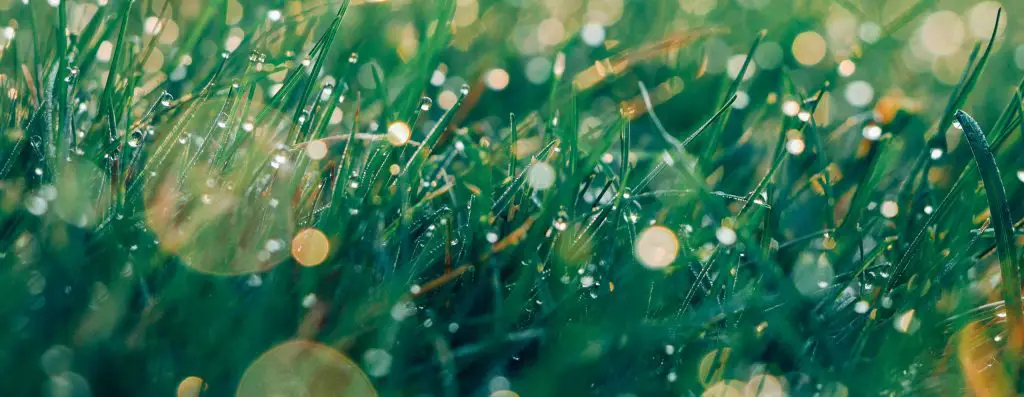
Should I Water the Lawn if There Is Morning Dew?
Your lawn requires an inch of water per week at the very least. To provide your lawn with this much quantity of water, you will have to adjust your watering schedule accordingly to suit the conditions.
On average, you should water the grass thoroughly at least three times a week.
If you already have a sufficient watering schedule for your lawn, morning dew will have little to no impact so you should continue to water your lawn as normal.
Morning dew will most likely evaporate when the sun comes out and so it will be doing very little to help your grass.
Also, as the winter months arrive, these dewdrops are likely to turn into frost.
This could potentially have a negative impact but plants usually enter dormancy during the winter period, so it’s really not something that you need to worry about.
What About Watering in the Night?
A common mistake that many people make is that they tend to water their lawn at night. That’s not a wise move by any means.
When you water your plants in the night, the moisture remains on the leaves for a much greater period of time. Overnight, the dew is likely to form on the grass blades as well. This is going to cause the soil to become marshy and the leaves are also going to remain wet for longer.
As a result, the damp leaves are going to become more prone to fungal growth.
While water and moisture are both necessary for your plants, excessive watering can be harmful.
Moreover, if the water continues to settle in the soil along with the excessive dewdrops, it could cause root rot also.
Ideally, you should avoid watering your plants late in the night because it’s going to increase the chances of fungal developments.
When Is the Best Time to Water Your Plants?
Ideally, the best thing to do is water your plants in the morning.
When you water early in the morning, even if there are dewdrops on the grass, you don’t have to worry about too much moisture sticking around for too long.
When the sun rises, all of the excess moisture is going to evaporate.
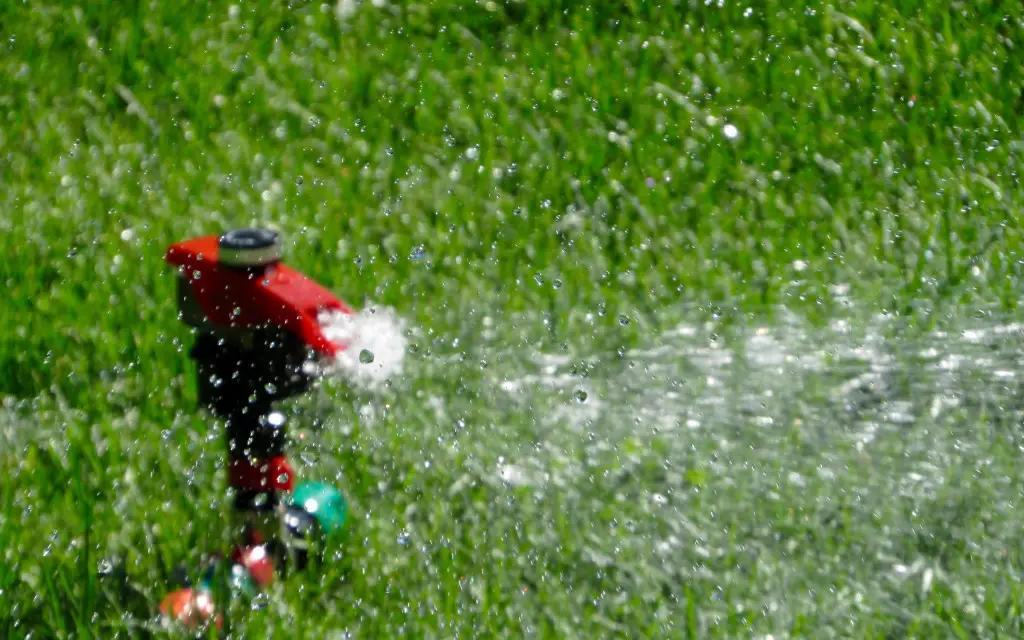
Watering in the Afternoon?
The reason why you shouldn’t water your plants in the afternoon is because the sun is at its peak strength.
The idea that the hot sun will “scorch” your plants has been debunked for a few years now. Despite this, it’s still an inefficient strategy to water your lawn in the afternoon when the rate of evaporation is very high.
Use Mulch
Mulching is a fantastic way to ensure that your plants are able to retain moisture in the soil. More importantly, the organic matter in the soil will also greatly improve the fertility and ensure that your plants are able to grow stronger.
In Summary
To conclude, morning dew really doesn’t make too much difference to your lawn. You should continue to water your lawn such that it gets the correct amount it needs. In most situations, morning dew is not sufficient to provide this on its own. Moreover, the droplets will likely evaporate very soon after the sun rises in the morning.

